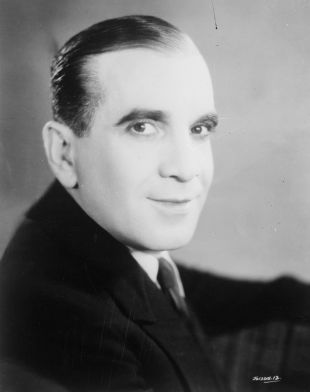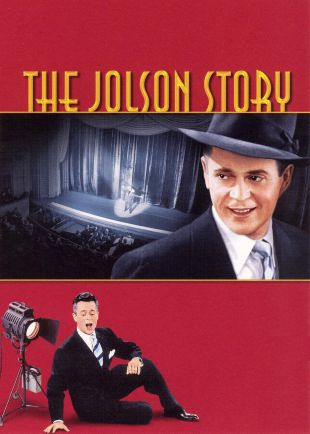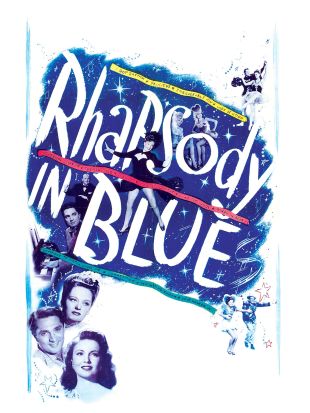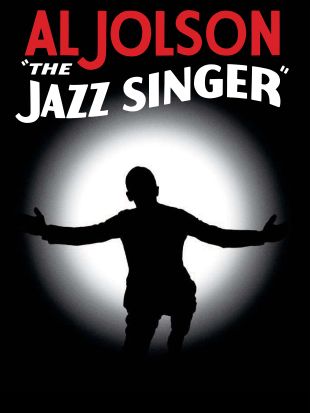Born Asa Yoelson, legendary entertainer Al Jolson and his family left Russia when he was a child. The son of a cantor, he first sang in a synagogue. His first show business job was with a circus, which he ran away from home to join; in 1906 he became a black-faced cafe and vaudeville entertainer. After he began working on the New York stage in 1909, he rose to stardom, and was considered by many to be the greatest entertaining talent of his time. In 1923 he was signed by D.W. Griffith to appear in Mammy's Boy, but the film was never made. Three years later he sang three songs in an experimental sound short, April Showers (1926). The following year Jolson became immortal when he starred in The Jazz Singer, the world's first talkie (though most of the sound was background music), in which he spoke several sentences including the famous line "You ain't heard nothin' yet." He next appeared in the part-talkie The Singing Fool (1928), which grossed more money than any film until Gone with the Wind (1939). Through the mid-'30s he starred in a number of formula musicals, but changing public tastes led to a gradual decline in his popularity. After Jolson received some attention for singing for troops in World War II, his life was the subject of the film The Jolson Story (1946), in which he dubbed the songs for star Larry Parks. The film was a great box office success, resulting in a sequel, Jolson Sings Again (1949). From 1928-39 he was married to actress Ruby Keeler, with whom he appeared in Go Into Your Dance (1935). He went on to entertain troops in Korea, shortly after which he died of a heart attack.

Al Jolson
Share on
Biography by AllMovie
Movie Highlights
Factsheet
- Is widely considered the first openly Jewish man to become an entertainment star.
- At 14, ran away from home to live in New York, and eventually became a circus performer.
- Partnered with his brother Harry to form a vaudeville act in 1904.
- In an attempt to feel more comfortable performing a comedy skit, began appearing in blackface, which quickly became his trademark.
- Made his Broadway debut in 1911 in La Belle Paree, and went on to become the highest paid stage performer at the time.
- In 1921, at the age of 32, became the youngest person to have a theater named after him when Jolson's Fifty-ninth Street Theater opened. On opening night, he got a case of stage fright and almost couldn't go on; his brother had to push him on stage. He received 37 curtain calls.
- In 1927, starred in The Jazz Singer, which mirrored his own life. It was the first commercially successful "talkie."
- Is often credited with introducing ragtime, jazz and blues to white audiences through his movies and songs.
- During a Korean War USO tour, he put on 42 performances in 16 days for the troops.
- His performance of George Gershwin's "Swanee" helped to establish Gershwin's reputation as a major composer.


